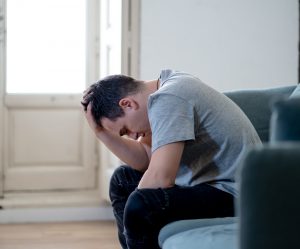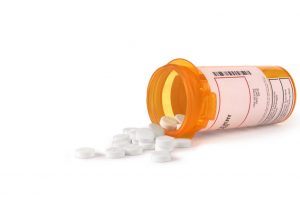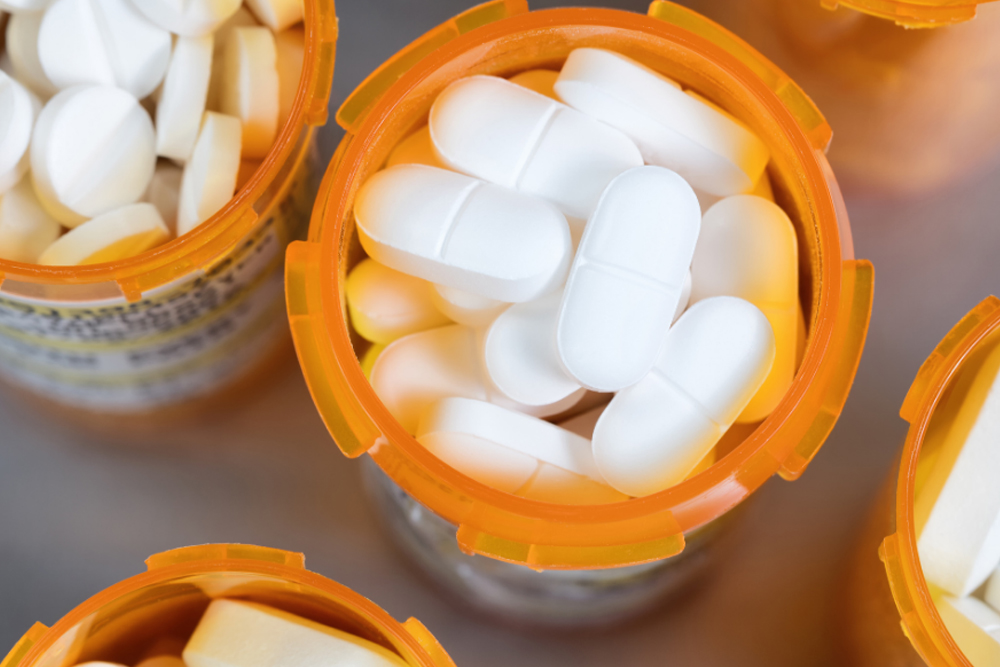What Does A Gabapentin High Feel Like?
Gabapentin, most commonly known for the brand Neurontin, is used to treat epilepsy and nerve pain related to shingles. It is a prescription drug that must be taken with the supervision of a physician to prevent complex side effects.
Unlike opioid painkillers, this drug has a low addictive potential and is considered to be safer that is why it is a popular choice of prescription. However, it is also prone to misuse and abuse.
If you are worried about the effect of the use of this prescription drug on your system, let’s find out if it should be a major cause of concern.
How do people get high from Gabapentin?
This medicine tends to heighten the effects of other substances once used altogether. This is the main reason why users are drawn to taking it for recreational use.
Just like any other medication, going beyond the prescribed dosage is a sign of drug misuse. This could result in psychological dependence or worse, addiction.
In a recent study among inmates in Florida, crushing Gabapentin and snorting it leads to a high comparable to that of cocaine.
What are the signs of Gabapentin high?
The general effect of taking this substance is an elevated mood or a strong sense of euphoria. It makes the user experience calmness and relaxation, as well as improved sociability.
Some users even testify that the euphoric high brought by Gabapentin is not far from the high produced by cannabis.
But of course, the results are not always positive. Certain side effects must be closely observed and attended with prompt medical care. Make sure to seek medical help in case you experience some or all of the following:
 Anxiety or depression
Anxiety or depression- Skin rash or hives
- Headache
- Nausea or vomiting
- Diarrhea or constipation
- Difficulty in breathing
- Increased heart rate
- Lethargy or sleepiness
- Sweating more than usual
Is it safe to immediately stop the use of Gabapentin?
This prescription drug acts on gamma-aminobutyric acid or GABA. It is an inhibitory neurotransmitter in the brain. If a user abruptly suspends intake of this substance, a withdrawal syndrome is likely to occur.
Withdrawal symptoms could range from physical to mental and may occur between 12 hours and 7 days after quitting the medication. Here is a list of the things to watch out for:
- Headache, nausea, dizziness, insomnia, fatigue, itching, muscle pain or spasms, abdominal pain, sweating, seizures
- Anxiety, depression, irritability, changes in appetite, crying spell, restlessness, suicidal ideation
Those who faithfully follow their prescription are not excused from developing physical dependence. However, recreational users are more likely to experience a different level of dependence and withdrawal symptoms once they quit or minimize its use. Because of this, the role of a health professional is really important in managing the use of Gabapentin. It is always important to seek medical advice before taking any action.
When can Gabapentin be fatal?
 Withdrawal could pose life-threatening conditions, especially when taken without a medical expert. For instance, those who take the drug for seizures and suddenly withdraw could experience a rebound or an increased frequency of seizure activity, or worse, an uncontrollable seizure.
Withdrawal could pose life-threatening conditions, especially when taken without a medical expert. For instance, those who take the drug for seizures and suddenly withdraw could experience a rebound or an increased frequency of seizure activity, or worse, an uncontrollable seizure.
Experiencing suicidal ideation as one of the withdrawal symptoms is also an alarming state to consider. There are also cases when some may experience severe withdrawal symptoms which require intensive inpatient monitoring and medical withdrawal management should complications arise.
Apart from withdrawal and unprescribed intake, this substance is extremely dangerous once mixed with other substances such as alcohol or opioids. These substances are capable of weakening the central nervous system and eventually affect breathing.
A combination of this medicine with drugs like Pregabalin, Benzodiazepines, Heroin, and other opioids, increases the risk of overdose and death.
Is Gabapentin a controlled drug?
Gabapentin is not yet on the list of controlled substances in the United States because the drug may act on the GABA neurotransmitter, but it does not affect the receptors controlled by common drugs such as opioids and Benzodiazepines. However, it contains similar properties to commonly abused intoxicants, and at the same time, it poses withdrawal syndrome and psychoactive effects.
The sole purpose of this medicine, as approved by the Food and Drug Administration (FDA), is to treat epilepsy and nerve pain associated with shingles. However, physicians may also recommend them for off-label use. In other words, they can be used to treat other disorders – even without FDA approval – as long as they are recommended by the physician.
The following are its off-label uses:
- Withdrawal from other substances such as alcohol, cocaine, and methamphetamine
- Anxiety, mood disorders, and attention deficit disorder
- Sleep disorders such as restless leg syndrome
- Migraines and back pain
What is the normal prescription of Gabapentin?
To prevent Gabapentin high and/or other complications, it is extremely necessary to follow the prescription recommended by your physician. The maximum dosage per day ranges from 1800 to 2400 milligrams.
Usually, doctors will recommend taking it thrice a day with a significant amount of spacing. In case when you forget to take one tablet at a particular time, you may adjust to taking the next one after at least two hours. Remember to never take two tablets at once.
What makes Gabapentin prone to abuse?
 The main reason why this substance is prone to abuse is that it is not a controlled substance. In fact, it can be easily found on streets at a very inexpensive price – about 75 cents for every 300 milligrams. It is also popularly known on the streets as morontin and gabbies.
The main reason why this substance is prone to abuse is that it is not a controlled substance. In fact, it can be easily found on streets at a very inexpensive price – about 75 cents for every 300 milligrams. It is also popularly known on the streets as morontin and gabbies.
Second, the way it enhances the effects of other substances such as opioids is really attractive to recreational drug users. But again, it is always important to consider that the effect of this act could either be seriously complex or extremely fatal.
Third, this drug may also be misused by those who are given the prescription to reduce the symptoms of withdrawal from substances like alcohol. Some may even resort to hopping from one physician to another just to be able to get the prescription of the drug.
Overall, the spike brought about by the misuse and abuse of Gabapentin is a significant matter that law enforcers and even healthcare professionals must be strongly mindful of.
Seek help as early as today if you’re having an addiction or dependence on this medicine.
